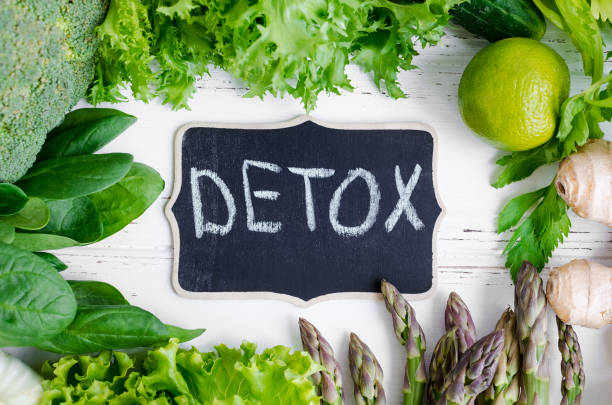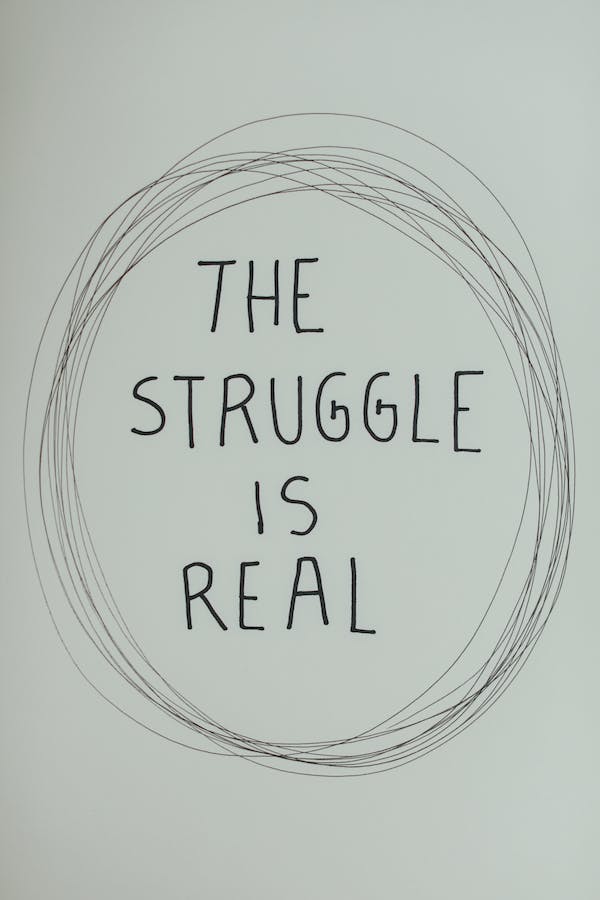
In the realm of addiction recovery, families play a crucial role in providing support, encouragement, and resources for their loved ones. The journey to recovery can be challenging and complex, but with the right guidance and assistance, families can navigate this path effectively. Here’s a closer look at how families can access support for addiction recovery:
- Education and Awareness: One of the first steps for families is to educate themselves about addiction and recovery. Understanding the nature of addiction, its impact on individuals and families, and the available treatment options is essential. There are numerous resources available, including books, online articles, and support groups, that can provide valuable information and insights.
- Professional Guidance: Seeking guidance from addiction specialists, therapists, and counselors can be invaluable for families. These professionals can offer personalized advice, therapy sessions, and treatment recommendations tailored to the unique needs of each family member. They can also provide support in navigating the challenges and emotions that arise during the recovery process.
- Support Groups: Joining support groups for families affected by addiction can provide a sense of community and understanding. Groups such as Al-Anon and Nar-Anon offer support, guidance, and encouragement to family members of individuals struggling with addiction. Connecting with others who are facing similar challenges can help families feel less isolated and more empowered to support their loved ones.
- Family Therapy: Family therapy sessions can be instrumental in fostering communication, healing relationships, and addressing underlying issues within the family dynamic. A trained therapist can facilitate productive discussions, identify unhealthy patterns of behavior, and guide family members toward healthier ways of relating to one another. Family therapy can also help families set boundaries, establish trust, and rebuild connections.
- Treatment Programs: Many addiction treatment centers offer programs specifically designed for families. These programs may include family therapy sessions, educational workshops, and support groups aimed at helping families understand addiction, develop coping strategies, and strengthen their support networks. Participating in such programs can enhance family members’ understanding of addiction and equip them with the tools they need to support their loved one’s recovery journey.
- Self-Care: Lastly, it’s essential for family members to prioritize their own well-being and self-care during the recovery process. Supporting a loved one through addiction can be emotionally taxing, and caregivers must take steps to maintain their own physical and mental health. Engaging in activities that bring joy, seeking support from friends and loved ones, and practicing stress-reduction techniques can all contribute to a healthier and more balanced lifestyle.
In conclusion, accessing support for addiction recovery is a multifaceted process that requires commitment, patience, and perseverance. By educating themselves, seeking professional guidance, joining support groups, participating in family therapy, exploring treatment programs, and prioritizing self-care, families can play a pivotal role in their loved one’s journey toward healing and recovery. Together, they can navigate the challenges of addiction and emerge stronger, healthier, and more resilient than ever before.





